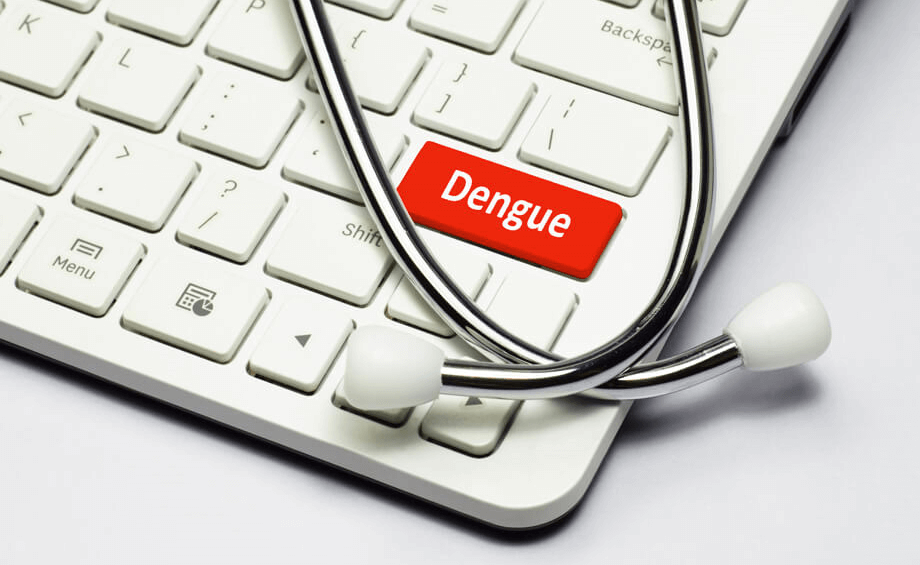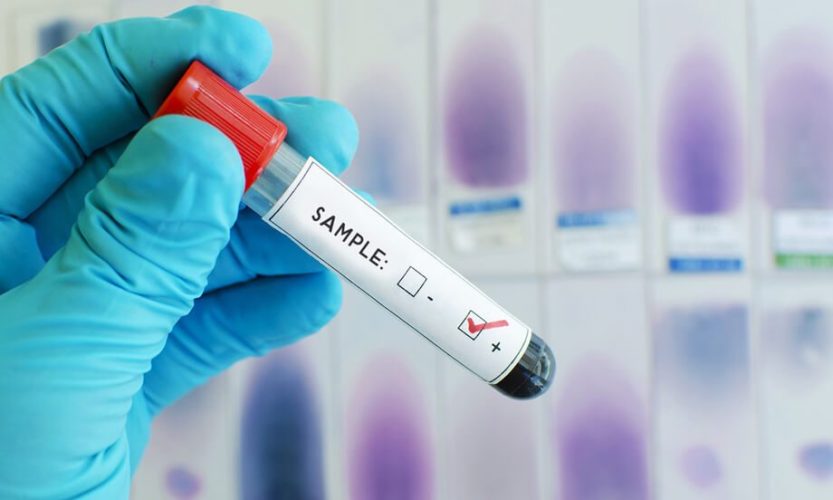
What is dengue?
Dengue is a mosquito-borne disease caused by four different virus types, DENV 1-4, and spread by the Aedes mosquito. There are about 390 million dengue infections reported every year, of which 96 million exhibit symptoms. Today, about 3.9 billion people in over 128 countries are at risk for dengue.
What are the symptoms of dengue?
It is a severe flu-like illness beginning with a sudden onset of fever and painful headache. Other symptoms include a skin rash, muscle and joint pain, nausea and vomiting. In extreme cases, it can lead to excessive bleeding (hemorrhaging) and death.
How can dengue be prevented?
Dengue is spread by the Aedes mosquito, which prefers biting during the day time (sunlight hours). Even a single mosquito bite can lead to dengue. Thus it is important to protect loved ones, both indoors and outdoors, especially during the day. Before stepping out, the use of personal repellents like Goodknight Fabric Roll-On (or the Goodknight cool gel/patches etc.) can prevent mosquito bites.
When at home, shutting the doors and windows in the evening, and use of household-level repellents like Goodknight Gold Flash and Goodknight Fast Card even during the day will keep mosquitoes away.

How can one find out if they have dengue/ What are the tests available to diagnose dengue?
Dengue can be diagnosed using laboratory tests to determine the presence of dengue antibodies (IgG and IgM) and through polymerase chain reactions (PCR) to determine the presence of the virus. Ideally, these tests must be done within the first few days of the patient presenting symptoms. The tests can be carried out at the local hospital or health clinic.

What is the treatment for dengue? Are there any vaccines available?
There is no specific treatment available for dengue; appropriate management of symptoms is crucial, especially maintaining an adequate volume of body fluids.
There is a commercially available vaccine against dengue, which is available in Mexico, Brazil, El Salvador, and the Philippines. The WHO has not taken a formal position on the universal use of the vaccine, but has recommended that endemic countries should consider introduction of the vaccine into their national immunization programs. While there are several vaccine candidates currently under research and development worldwide, one should continue to take adequate precautions to prevent mosquito bites and dengue.
Where can one get more information about dengue?
The websites of the World Health Organization (WHO), the Centers for Disease Control (CDC), and The National Vector Borne Disease Control Program of India (NVBDCP) provide updated information on dengue, its symptoms, and treatment.
Please consult the local doctor, health clinic, or healthcare providers should one have a sudden onset of high fever and a painful headache and/or skin rash.